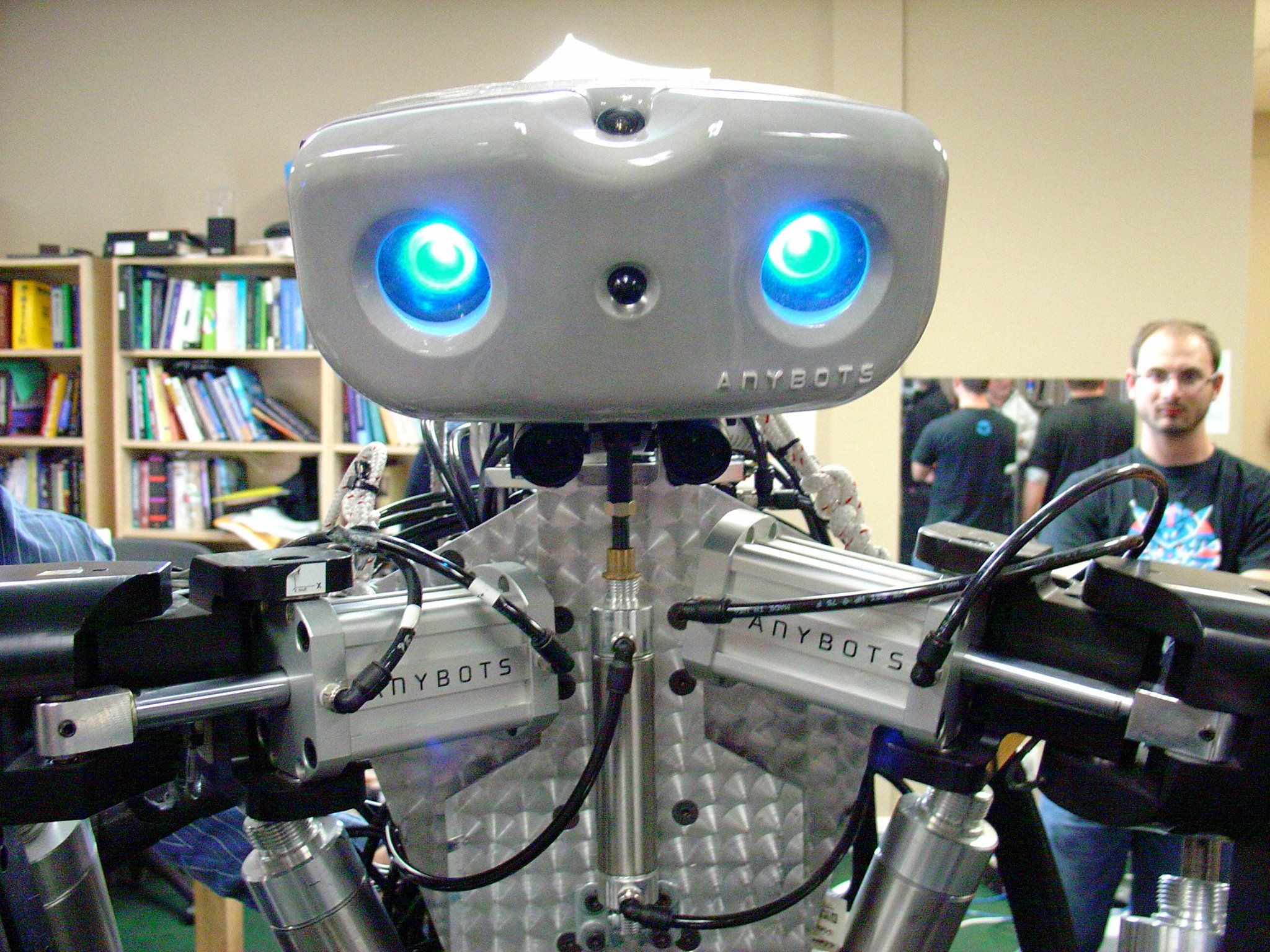Mar 18, 2016
New quantum computer device takes advantage of a loophole in causality
Posted by Shailesh Prasad in categories: computing, information science, mobile phones, quantum physics
Researchers in Finland have figured out a way to reliably make quantum computers — technology that’s tipped to revolutionise computing in the coming years — even more powerful. And all they had to do was throw common sense out the window.
You’re almost certainly reading this article on a classical computer — which includes all phones, laptops, and tablets — meaning that your computer can only ever do one thing at a time. It reads one bit, then the next bit, then the next bit, and so on. The reading is lightning fast and combines millions or billions or trillions of bits to give you what you want, but the bits are always read and used in order.
So if your computer searches for the solution to a problem, it tries one answer (a particular batch of ones and zeros), checks how far the result is from the goal, tries another answer (a different batch), and repeats. For complicated problems, that process can take an incredibly long time. Sometimes, that’s good. Very clever multiplication secures your bank account, and faster or more efficient equation-solvers put that in jeopardy.
Continue reading “New quantum computer device takes advantage of a loophole in causality” »

















